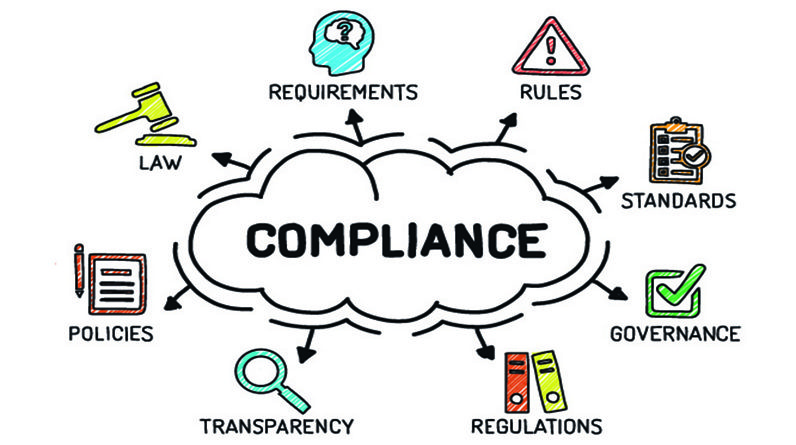After a 24-day trial, a federal jury in the Middle District of Florida convicted two individuals for their roles in a conspiracy that fraudulently billed approximately $1.4 billion for laboratory testing services in a sophisticated pass-through billing scheme involving rural hospitals. According to court documents and evidence presented at trial, Jorge Perez, 62, and Ricardo Perez, 59, both of Miami, Florida, conspired with each other and others to unlawfully bill for approximately $1.4 billion of laboratory testing services which were medically unnecessary, and that fraudulently used rural hospitals as billing shells to submit claims for services that mostly were performed at outside laboratories. Jorge Perez and Ricardo Perez also committed healthcare fraud on five specific occasions, and conspired to launder the proceeds of this fraudulent scheme.
The evidence showed that the defendants targeted and obtained control of financially distressed rural hospitals through management agreements and purchases. The defendants sought to obtain control of these rural hospitals because of private insurance contracts that provided for higher reimbursement rates for laboratory testing — a common feature of rural hospital contracts designed to ensure that the hospitals can survive and provide rural communities with much needed care. The defendants promised to save these rural hospitals from closure by turning them into laboratory testing sites, but instead billed for fraudulent laboratory testing worth hundreds of millions of dollars in a sophisticated and years-long “pass-though” billing scheme. The scheme made it appear that the rural hospitals themselves did the laboratory testing when, in most cases, it was done by testing laboratories controlled by certain defendants.
The evidence further showed that much of the laboratory testing billed through these rural hospitals involved urine drug testing for vulnerable addiction treatment patients, often obtained through kickbacks paid to recruiters and providers, frequently at sober homes or substance abuse treatment facilities. The tests billed by the defendants were often not medically necessary. After private insurance companies began to question the defendants’ billings, they would move on to another rural hospital, leaving the rural hospitals they took over in the same or worse financial status as before. Three of the four rural hospitals closed shortly after the defendants moved on to a different rural hospital.







